South Korean President Yoon Suk-Yeol declared martial law in a televised announcement on the evening of December 3 local time. So what does South Korean law say about martial law in special circumstances?
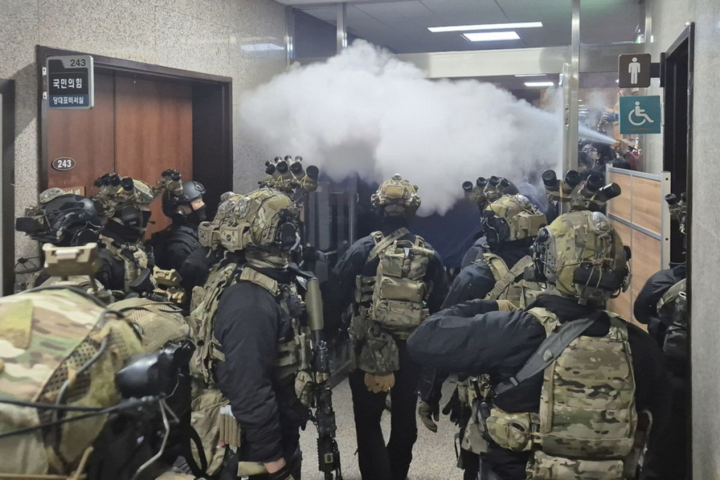
National Assembly staff spray fire extinguishers to block soldiers from entering the main hall of the National Assembly in Seoul, early morning December 4. (Photo: AP)
Martial law in South Korea typically involves the suspension of civilian government and the imposition of military rule in major emergencies, such as serious armed conflict, giving the military greater powers to enact and enforce laws.
Article 77 of the Constitution of the Republic of Korea stipulates that the President may declare martial law when "necessary to respond to military demands or maintain public security and order through the mobilization of military forces in time of war, armed conflict or similar national emergency".
In his speech declaring martial law, President Yoon accused the opposition of paralyzing the government with "anti-state activities".
Soon after, a six-point decree from the new martial law commander, Army Chief of Staff General Park An-su, was issued. The decree banned political activities and parties, "false propaganda," strikes, and "gatherings that incite social unrest."
Yonhap news agency quoted the military as saying that parliamentary and political party activities would be banned, and protests, strikes and other forms of public gatherings would be restricted.
The order also places all media outlets under martial law and requires all medical staff, including striking doctors, to return to work within 48 hours. Those who violate martial law can be arrested without a warrant, according to local news agencies.
The Martial Law Commander, appointed by the President on the recommendation of the Secretary of Defense from among the generals in active service, has the power to carry out actions related to arrest, search and seizure, as well as control of speech, press and assembly. He has control over all administrative and judicial matters.
Under South Korean law, martial law can be lifted with the approval of a majority vote in the National Assembly.
In the incident on the evening of December 3, 190 lawmakers in the opposition-dominated National Assembly voted to repeal the decree. After the vote, police and military forces quickly left the National Assembly area.
At the same time, the opposition also called for impeachment proceedings against the President for declaring martial law.
Previously, Mr. Yoon's People Power Party and the opposition Democratic Party were at odds over the 2025 budget. Opposition lawmakers last week approved a plan to cut part of Mr. Yoon's $479 billion budget proposal.
The reduction includes the government's reserve fund and the budgets for the operations of the President's Office, the prosecution service, the police and the state audit office.
In that context, the South Korean President criticized the opposition, which holds the majority in parliament, for "anti-state activities".
Source: https://vtcnews.vn/han-quoc-thiet-quan-luat-the-nao-ar911295.html


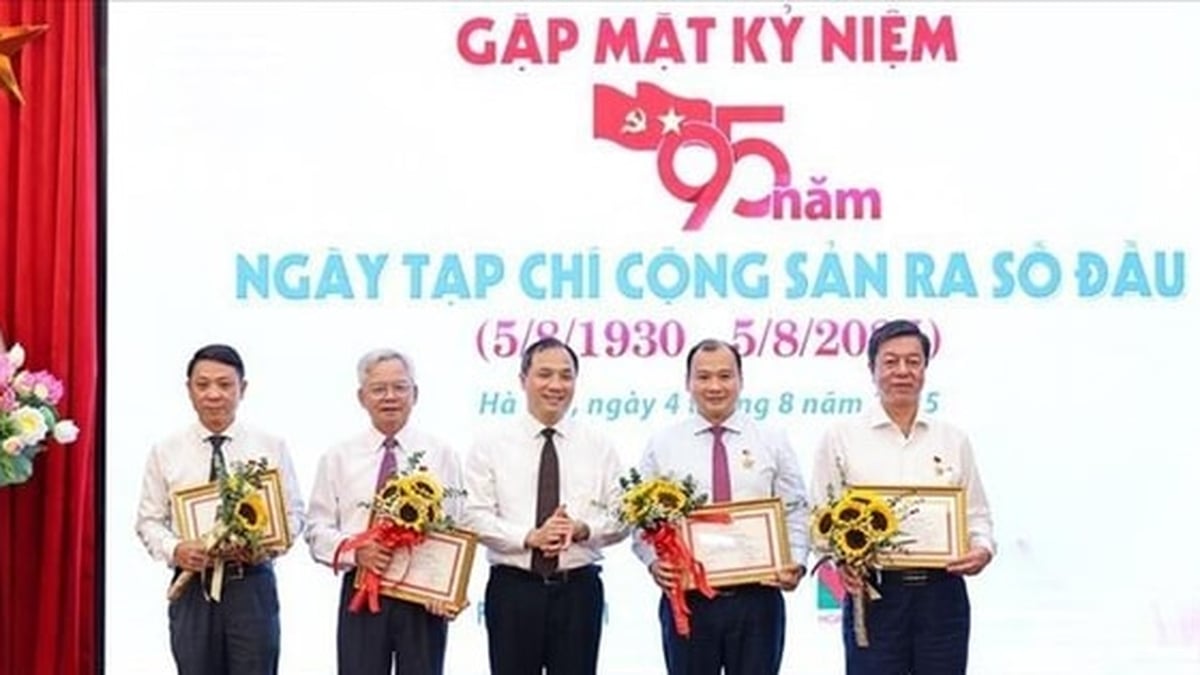
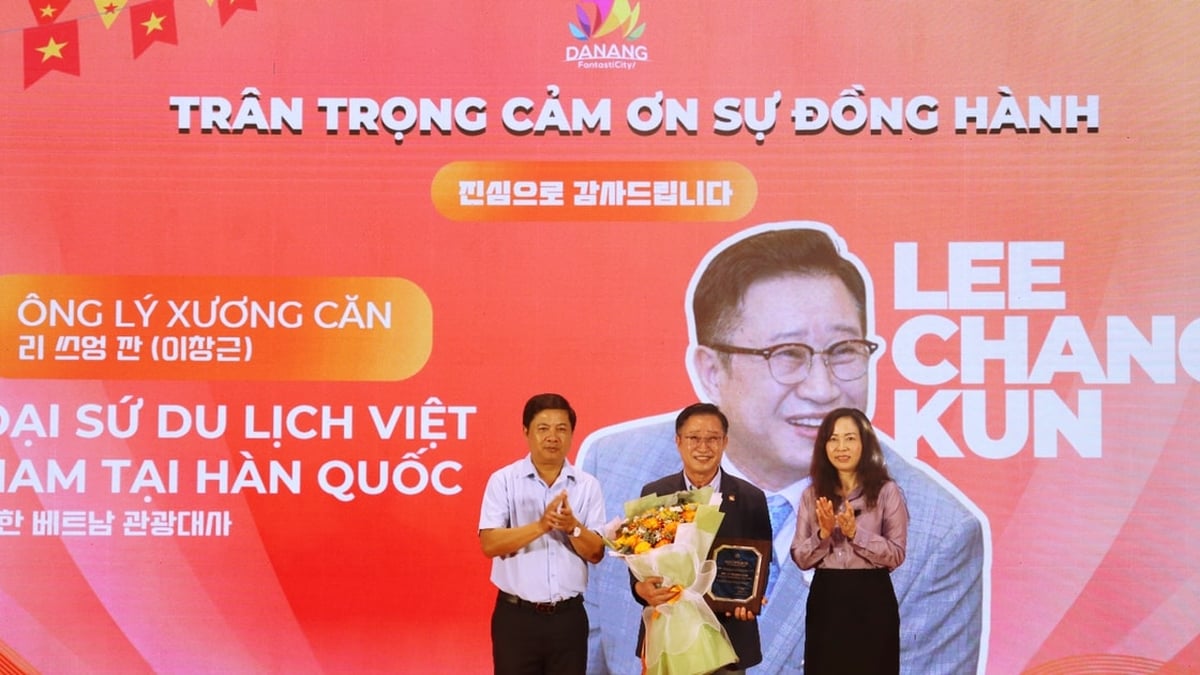
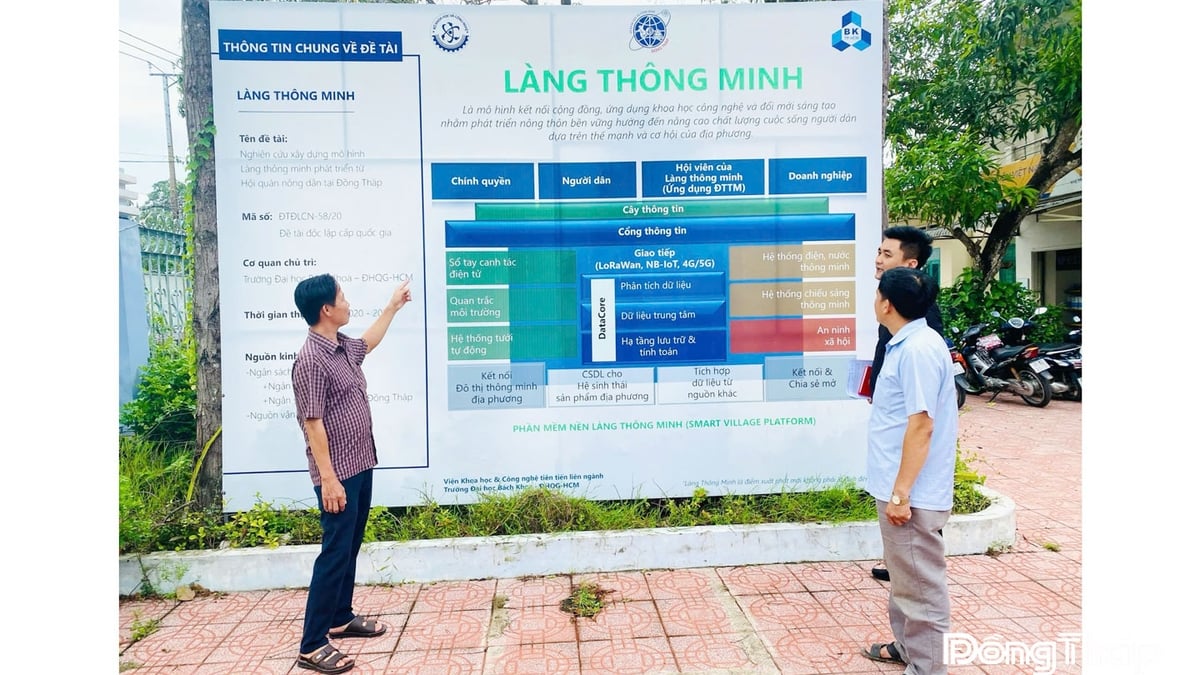
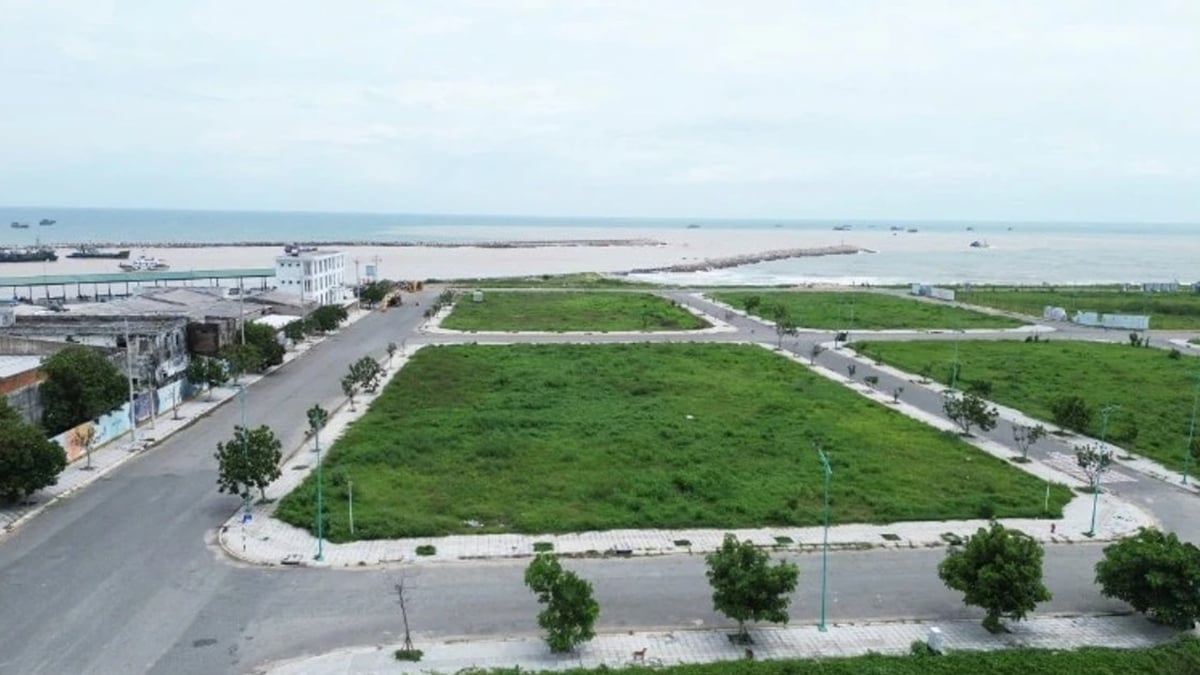

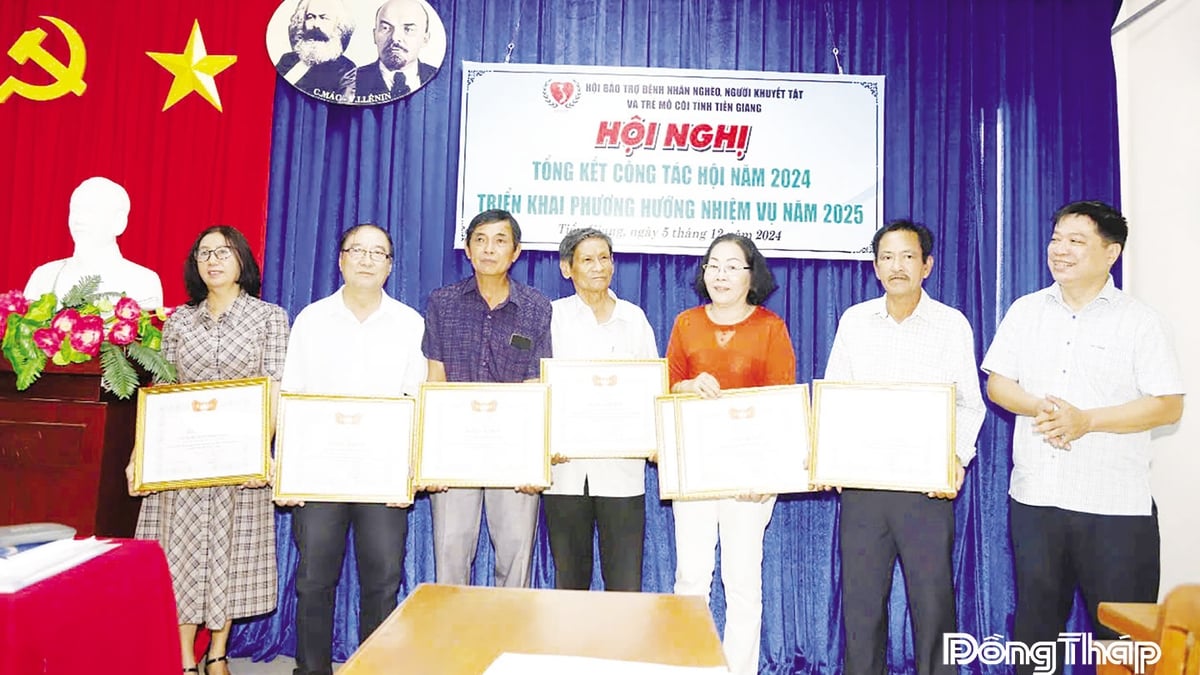
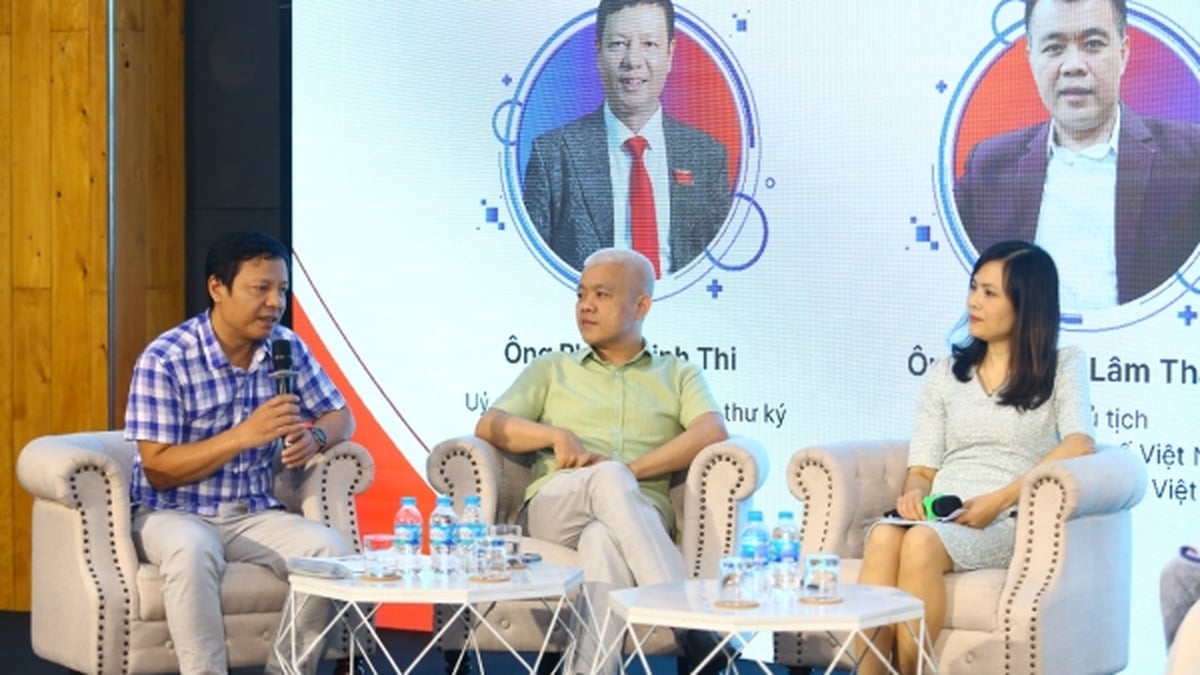

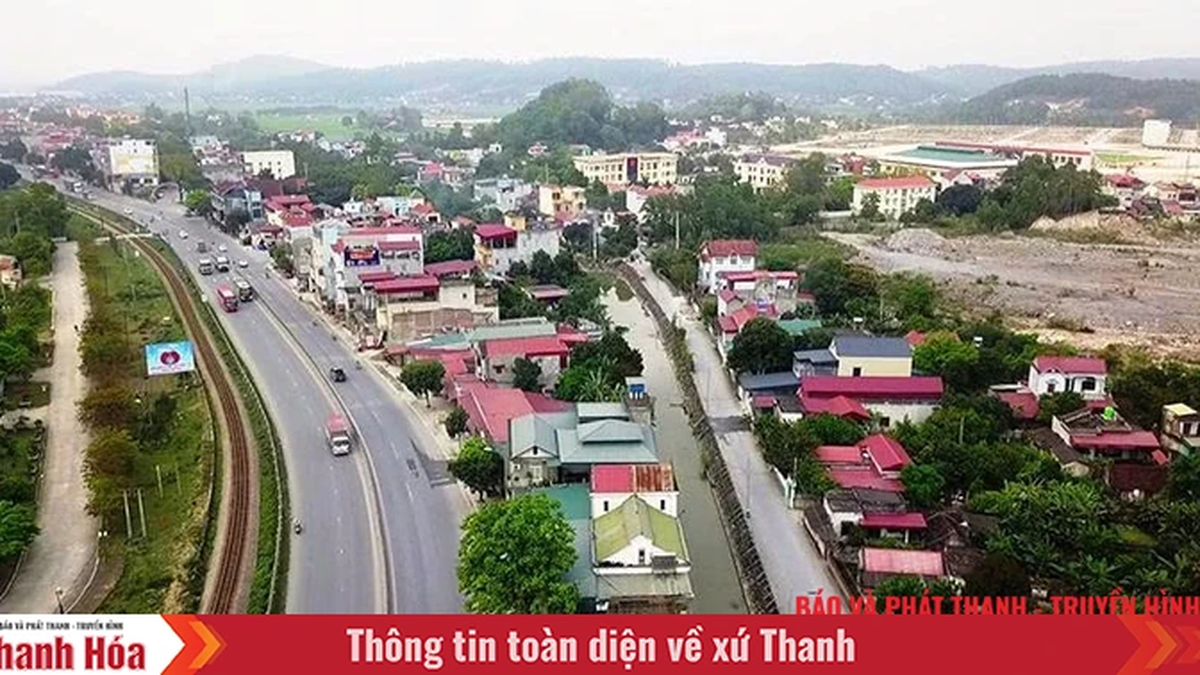












































![[Maritime News] Two Evergreen ships in a row: More than 50 containers fell into the sea](https://vphoto.vietnam.vn/thumb/402x226/vietnam/resource/IMAGE/2025/8/4/7c4aab5ced9d4b0e893092ffc2be8327)








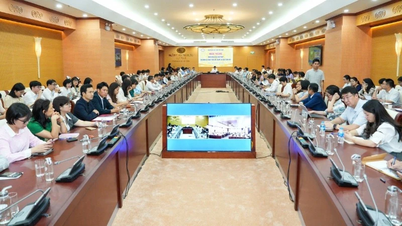

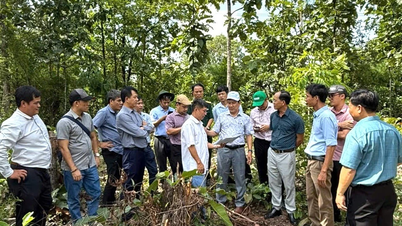



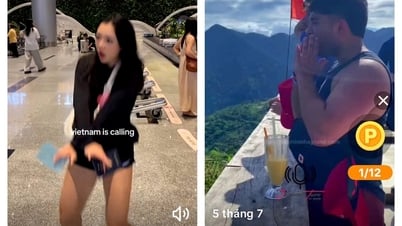
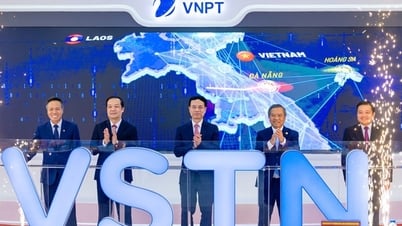




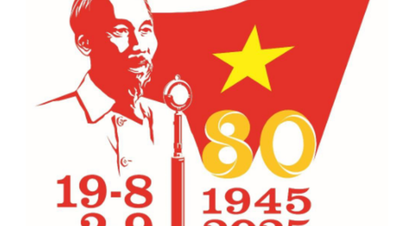
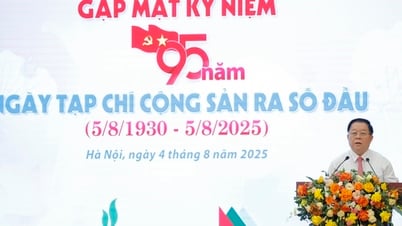
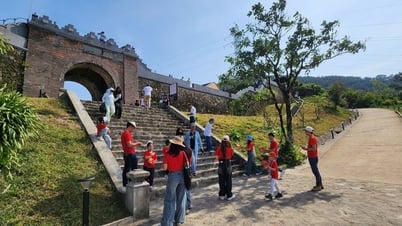

















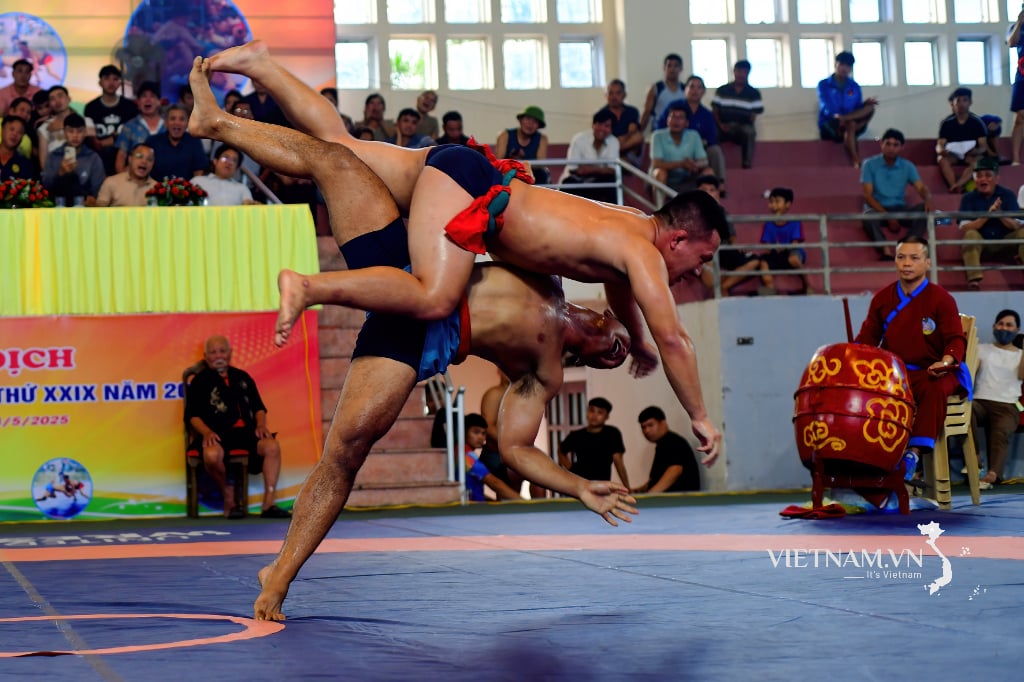
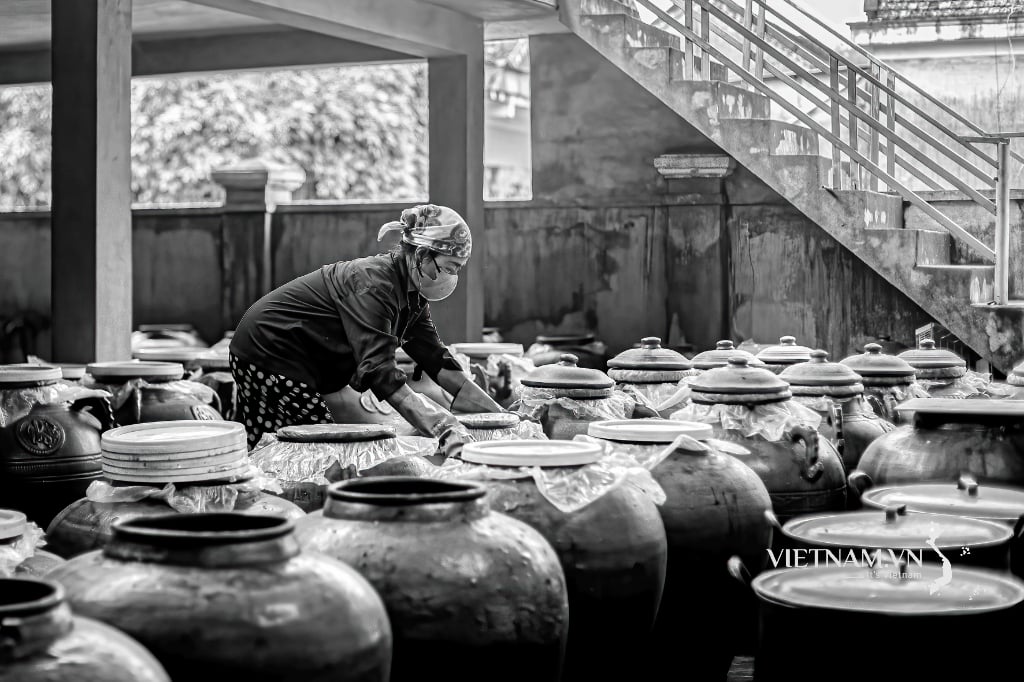

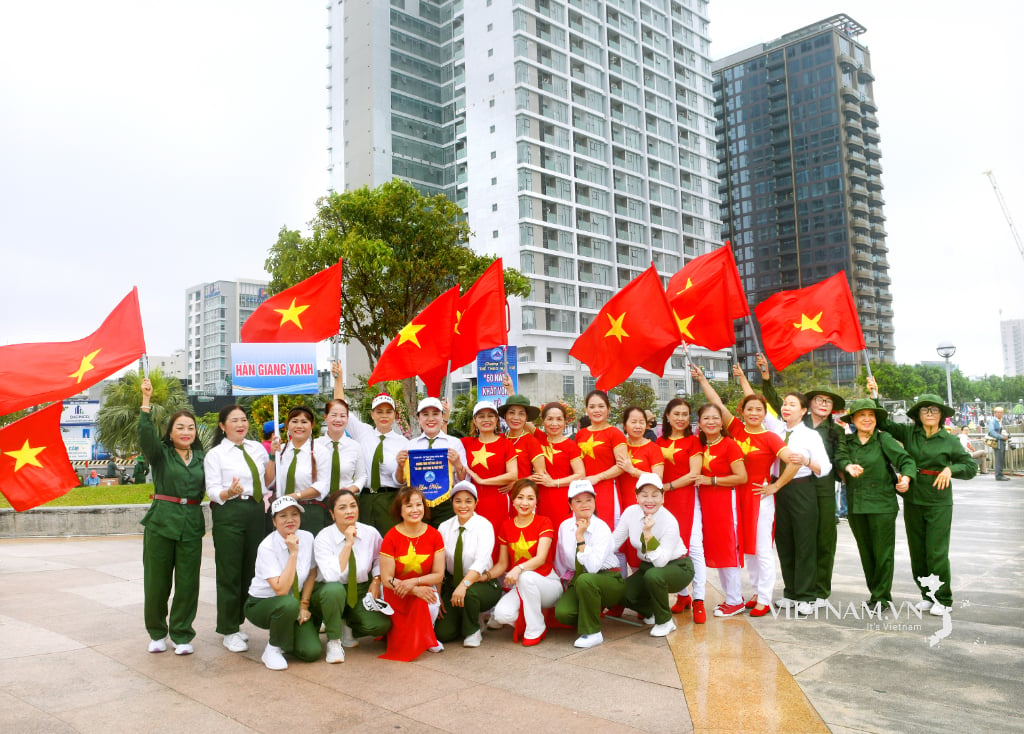
Comment (0)